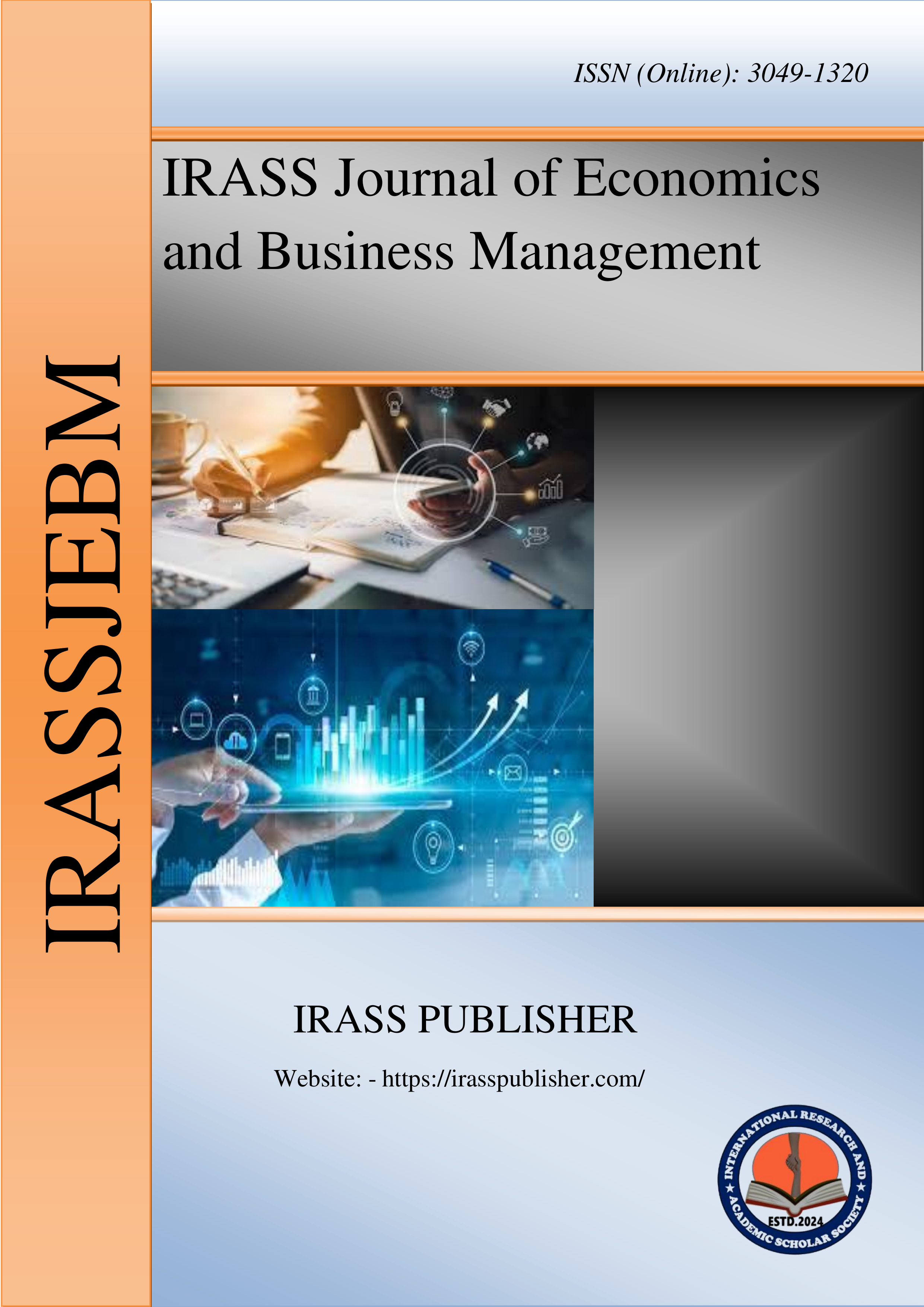BIPOLAR DISORDER and LEADERSHIP: ENSURING EMOTIONAL STABILITY in the WORKPLACE
Sr No:
Page No:
11-20
Language:
English
Authors:
Assoc. Prof. Yesim Sirakaya*
Received:
2025-05-21
Accepted:
2025-06-06
Published Date:
2025-06-09
GoogleScholar:
Click here
Abstract:
Bipolar disorder is a psychiatric disorder that leads to significant fluctuations in
individuals' emotions. These fluctuations can directly affect leadership processes in business
life. Since it contains critical elements such as leadership, decision -making, motivation and
team management, it is an important research issue how leaders with bipolar disorder can
protect their emotional stability. This article examines the performance of leaders with bipolar
disorder in the workplace and the effects of employees and offers suggestions to ensure
emotional stability in the workplace. In addition, the impact of leadership approaches on
individuals with bipolar disorder and the access of stress management and the access of
psychological support mechanisms of these individuals.
Research shows that leaders with bipolar disorder may have features such as creativity, high
energy level and strategic risk -taking skills (Jamison, 1995). However, it is known that these
individuals tend to take excessive risks during mania and may experience loss of motivation
during depressive periods (Goodwin & Jamison, 2007). Protecting emotional stability in the
workplace can help leaders make their own performance sustainable while increasing
employees' sense of confidence and productivity.
In this context, approaches such as transformational leadership, servant leadership and authentic
leadership can be supportive for leaders with bipolar disorder (Bass, 1990; George, 2003). In
particular, transformational leadership, emotional awareness and empathy, to the forefront of
the leader's team to establish strong ties. On the other hand, the creation of psychological
security environments for organizations can increase the job satisfaction of both the employees
and the leader by encouraging leaders' open communication (Edmondson, 1999).
The article emphasizes the necessity of corporate policies, supportive working environments
and stress management strategies in order to strengthen emotional stability in the workplace by
dealing with the difficulties faced by leaders with bipolar disorder. In addition, the importance
of organizational support systems is discussed in order for these leaders to maintain a successful
career. Finally, increasing psychological resistance and mental health awareness in the
workplace will have positive results not only for leaders, but for all employees.
Keywords:
Bipolar disorder, leadership, emotional stability, transformational leadership, psychological safety in workplace, stress management, organizational support.
Journal: IRASS Journal of Economics and Business Management
ISSN(Online): 3049-1320
Publisher: IRASS Publisher
Frequency:
Monthly
Language:
English

